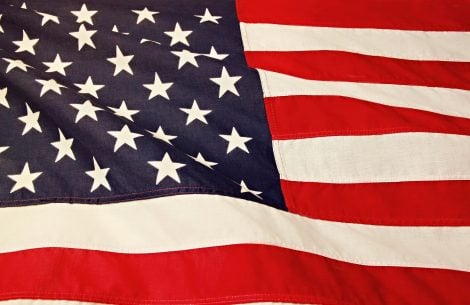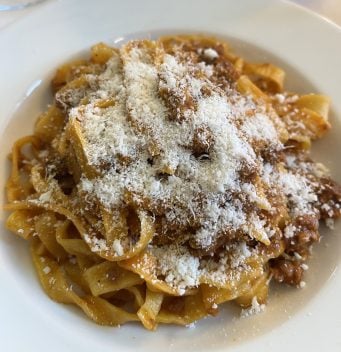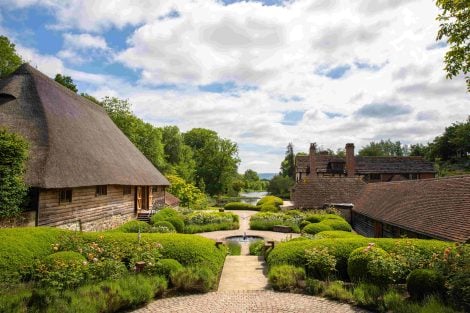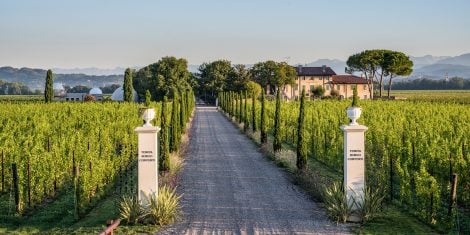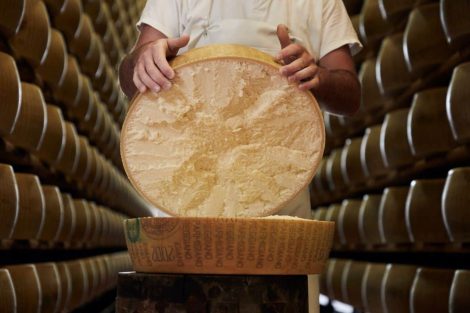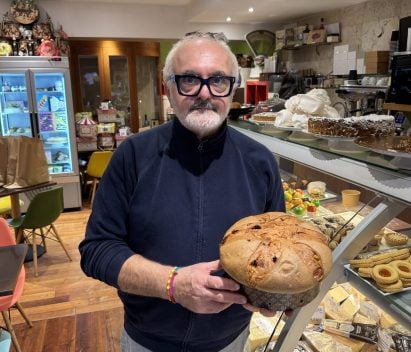Francesco Costanzo is one of the most prestigious names in the world of Italian coffee. A long-standing roaster from Campania, he started working with the "black gold" at a young age. Today, he holds a record for preparing coffee cups (over seven hundred in one hour), has extensive knowledge of specialty coffee, and even teaches Americans working at NATO how to make a good espresso. At ten years old, he drank his first cup; at twelve, he delivered coffee as a young apprentice to blacksmiths and hairdressers; at fifteen, he served it behind his first counter.
How did your love story with coffee begin?
I was twelve years old and still in school. In the café run by one of my cousins, there was a boy, Ciro, taller than me, who delivered coffee to factories, hairdressers, and blacksmiths. I used to accompany him, but I wasn’t officially allowed to carry the coffee myself. I remember begging him to take me along, and in the end, he gave in.
What did you like about that job?
I couldn’t say exactly—I just found it thrilling. It made me feel like I was already part of the working world. I’d go home and say, “You know, I delivered coffee today, I’m working.” It was a source of pride for me.
At what age did you drink your first coffee?
At ten years old.
And what was your first impression?
Sweet—I added two or three teaspoons of sugar (he smiles, ed.). For me, it was like drinking chocolate, like having a sweet hot chocolate.
When did you first step behind a café counter?
When I finished compulsory schooling, I decided to work full-time with my cousin at his café. One day, the afternoon shift barista didn’t turn up, and the owner asked me, “Do you want to make the coffee?” I remember I was so small I couldn’t even reach the coffee machine properly.
What happened after that afternoon covering the shift?
That barista never came back, and the owner asked, “Do you think you can do it?” So, I stayed behind the coffee machine. I had been waiting for that moment.
How old were you?
Fifteen. Gradually, I started making a name for myself—I enjoyed talking to customers, serving them. I stayed there, at Caffè degli Attori, until I was nineteen.
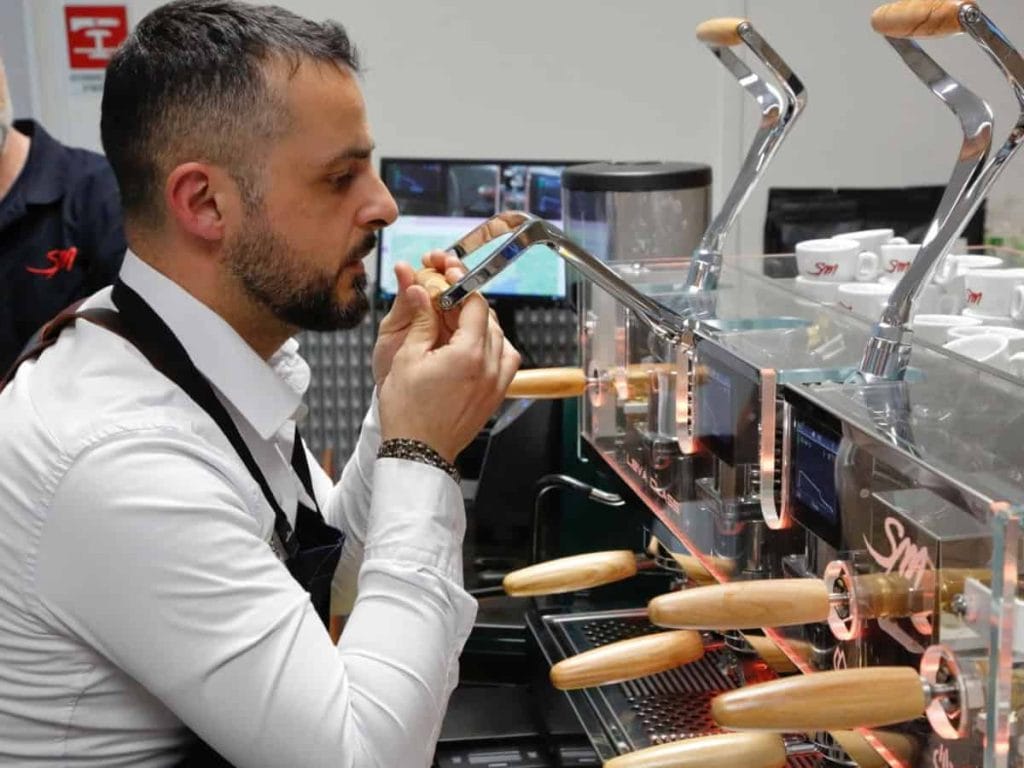
And then what happened?
I worked in various bars in Naples and the surrounding area until I was twenty-one. Then my then-girlfriend, now my wife, got pregnant, and everything changed. When our daughter was born, I rolled up my sleeves and took a professional path: after attending various courses at academies, at twenty-three, I decided to open my first café in Frattaminore.
What was your first café like?
A micro-roastery, which we opened in 2014: Caffè Costanzo. At the time, we sourced coffee from other roasters, but after some time, when I saw firsthand how some people roasted their own coffee, I decided to build my own identity and started having coffee roasted personally by a trusted roaster. Then my ambition grew, and we bought a one-kilo coffee roaster. That was at the end of 2019.
A big investment and change right before Covid.
Yes, but that year was significant for me.
What happened?
One day in 2019, I found myself alone behind the counter. Without realising it, a huge rush of customers arrived, and I made an endless number of coffees. When the crowd cleared, I realised I had prepared about 70 coffees in fifteen minutes. That’s when a strange idea popped into my head.
What idea?
To set a record and become the fastest coffee maker.
And did you succeed?
Of course! I went to the Naples City Hall personally, spoke to the relevant authorities, and from April 2019, when I submitted my request, we reached September 2019, when I found myself in Piazza del Plebiscito in Naples, preparing over 700 coffees in one hour.
How did the competition go?
There was a huge counter—I was at the lever machine making coffee, and one of my assistants was placing the cups and saucers. I prepared a total of 726 coffees, but “only” 703 were officially approved by the judging panel: every cup contained exactly 25ml of coffee, with no mistakes—everything was perfect! That contest then turned into the Leva Contest, which I now take around the world: we hold these competitions in Thailand, China, Korea, Washington…
But after setting the record, Covid hit. How did you cope, considering you had such a strong customer flow?
As soon as the first lockdown ended, I bought a 6kg coffee roaster and took the plunge. I started producing my own coffee, and from that moment, we began selling it worldwide through our online shop.
What coffee varieties do you have?
We source Arabica from Brazil, Colombia, Honduras, Costa Rica, and Ethiopia. Our Robusta is an Indian Kaapi Royale, and we also get some from Ivory Coast. Plus, we created our own blend called Scugnizzo.
A tribute to Naples! And what is this blend like?
It’s our house blend, created by my wife and me: a mix of Brazilian beans, Colombian specialty coffee, and Indian Kaapi Royale. It’s a coffee that can be enjoyed without sugar, with notes of chocolate, caramel, and hazelnut, with a honey aftertaste.
So, you’re offering specialty coffee to Neapolitans?
Yes, as well.
And who’s interested in these coffees?
University students. When they come in for specialty coffee, they even take photos of what they order so they can remember it and ask for it again or try something new.
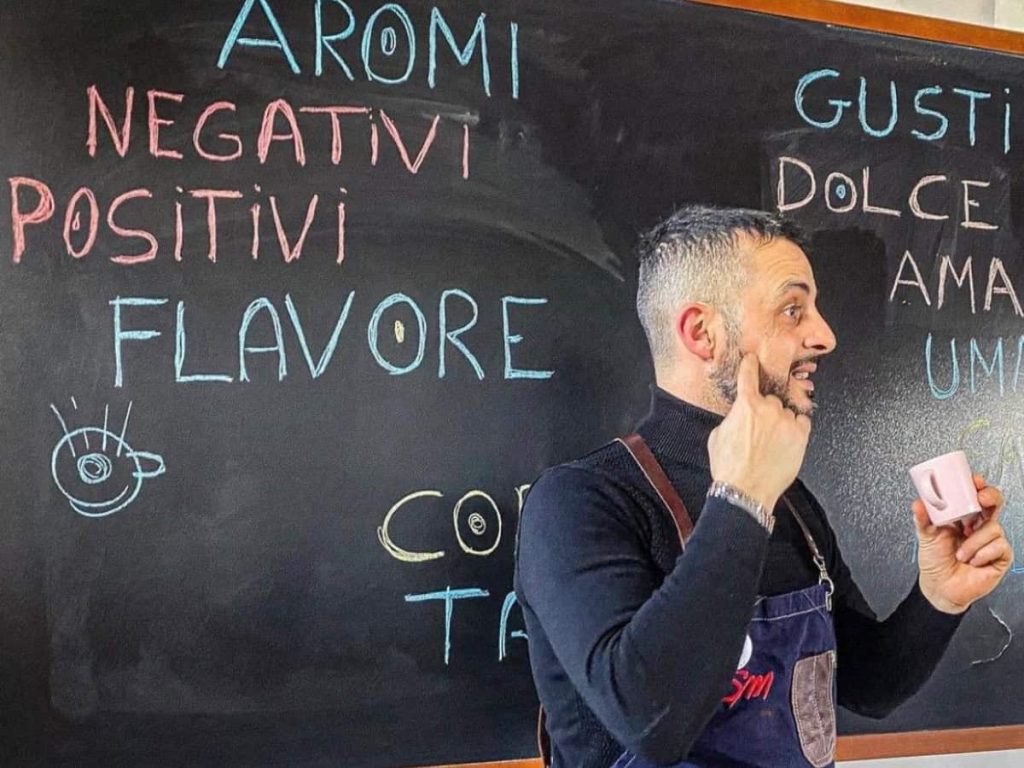
You trained as a coffee professional, but now you train others?
Yes, I started training employees at the NATO base near us.
What did you do?
During Covid, I used to deliver small packets of coffee beans to the NATO base, just a kilometre away from us. I introduced the Americans to good coffee, and now they even come to have breakfast at my café.
From delivering packets to training was just a small step…
Yes, at that point, I decided to train them because they were genuinely interested. I organised the first course with Mauro Illiano, then we started running one a month, and we continue to this day.
What do you teach?
How to make espresso and different coffee extraction methods. My wife and I also founded the Neapolitan Espresso Masters Association. We have 150 members—around 70% from Campania, with the rest from Florence, Milan, Sardinia, and Rome. We train baristas who otherwise couldn’t afford professional courses. My wife had the idea that it wasn’t fair for them to be left behind.
Is it true that Neapolitan coffee is the best in Italy?
As an expert, I’d say no, but there are some places doing great work.
So why does Neapolitan coffee have such a reputation?
It’s a cultural thing. Neapolitan coffee doesn’t follow a strict protocol—people like it because it’s creamier, has a darker roast than other Italian coffees, and is made with Robusta, which creates that creamy texture. Robusta is lower quality than Arabica, but it produces the taste Neapolitans love. If you offer them specialty coffee, they’ll reject it—they want their creamy espresso.
What do you think is the right price for a coffee?
Today, for an Arabica-Robusta blend, I’d say €1.50. You can’t go lower because the price of raw coffee beans keeps rising.
What’s your opinion on Starbucks coffee?
Starbucks roasts dark, similar to Neapolitan coffee, which gives it that chocolatey taste. I don’t like it personally—it’s not the worst, but in terms of quality, it’s at best in tenth place.
And which coffee is in first place?
That of micro-roasteries.

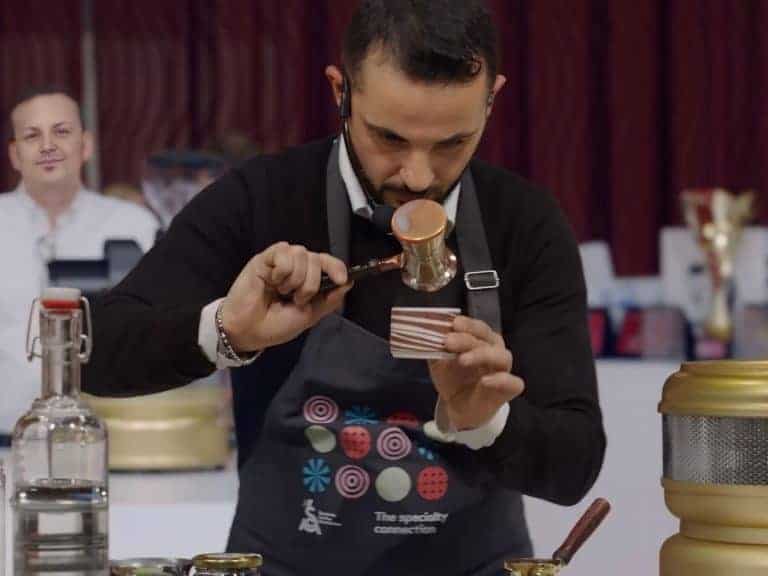
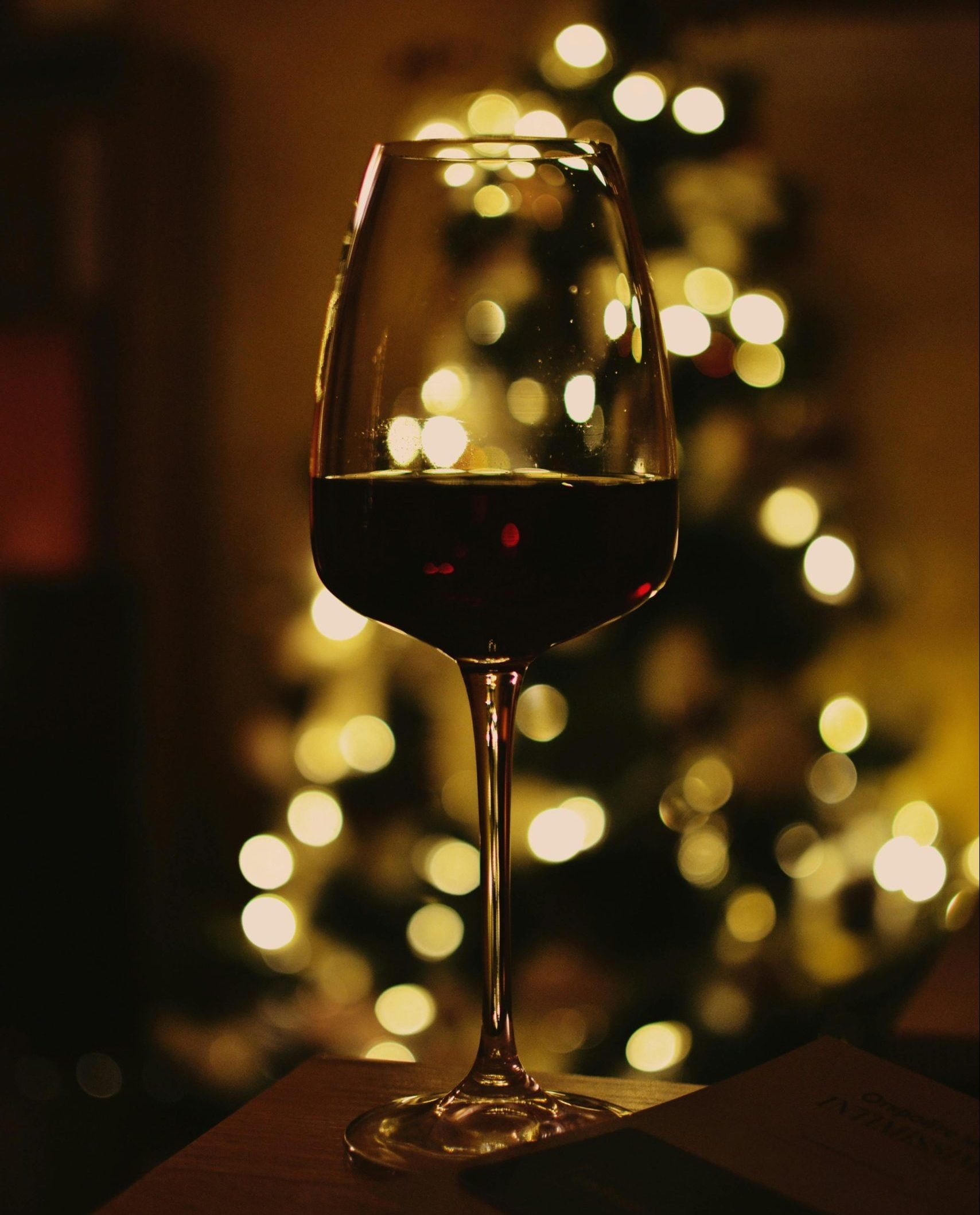 What do sommeliers drink at Christmas?
What do sommeliers drink at Christmas?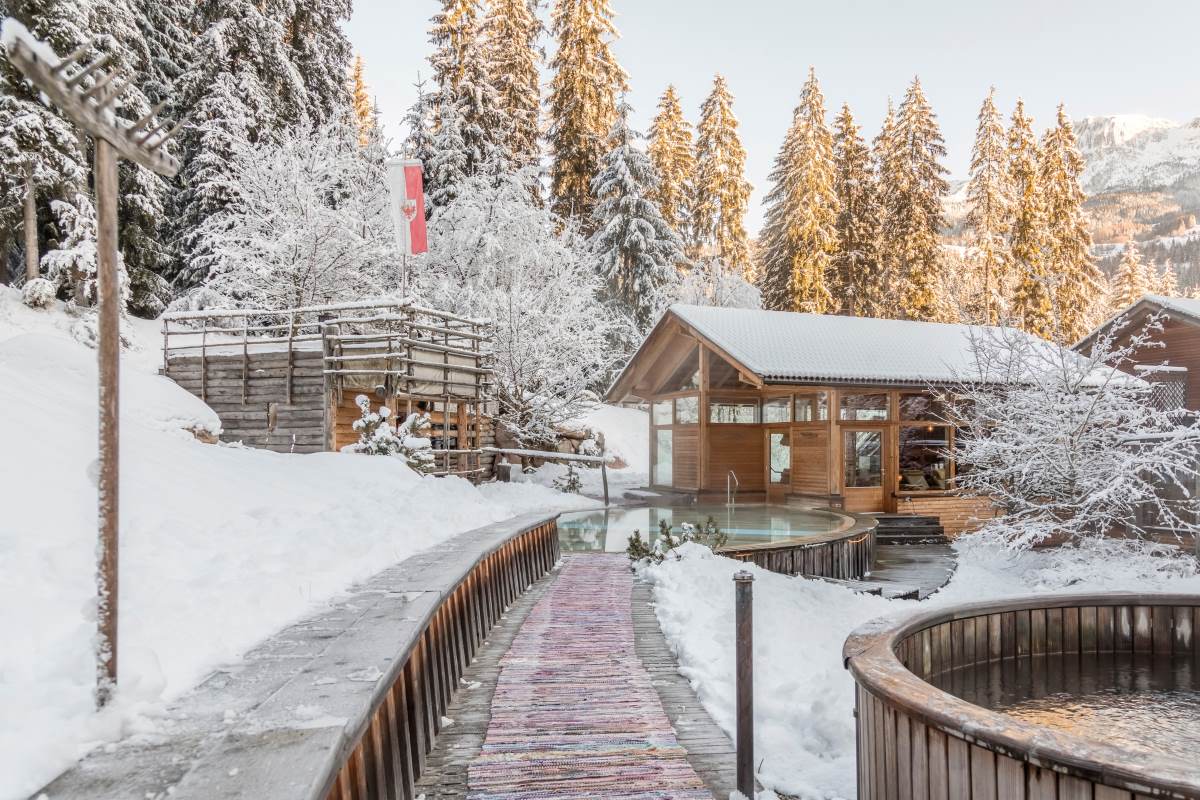 The alpine hotel where you can enjoy outstanding mountain cuisine
The alpine hotel where you can enjoy outstanding mountain cuisine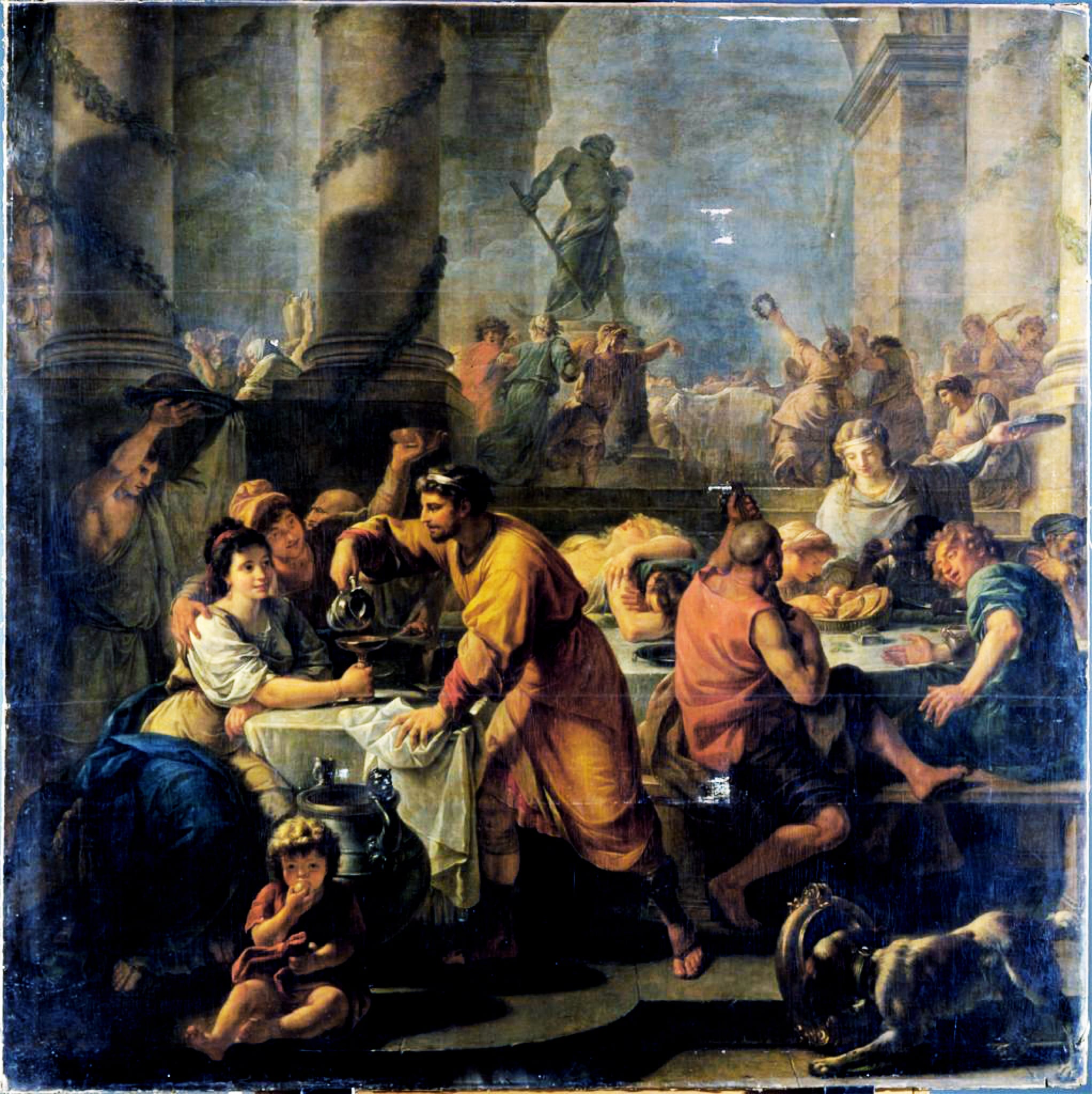 Io Saturnalia! How to celebrate the festive season like an Ancient Roman
Io Saturnalia! How to celebrate the festive season like an Ancient Roman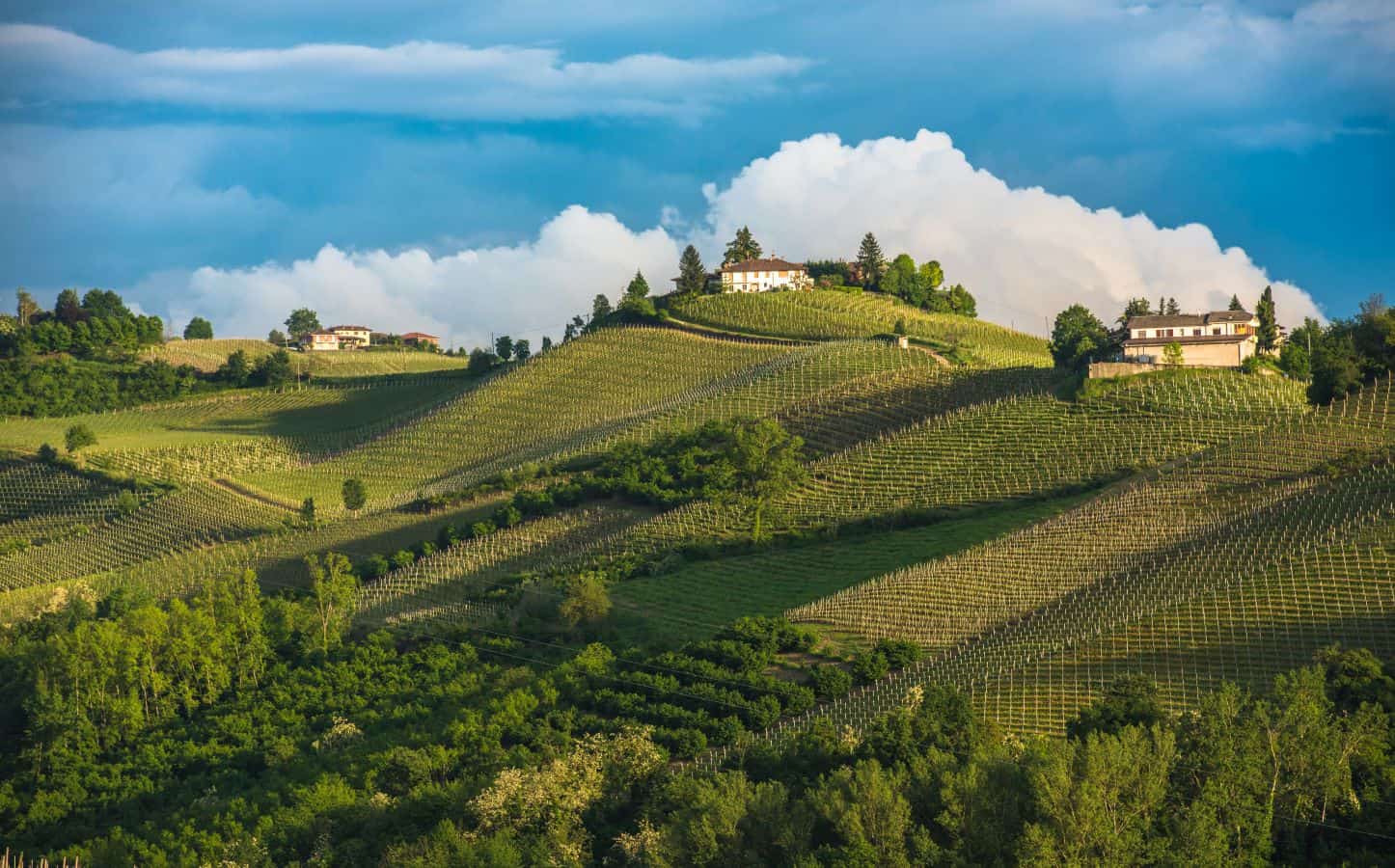 The UNESCO effect: tourism is growing, but there is a risk of losing identity
The UNESCO effect: tourism is growing, but there is a risk of losing identity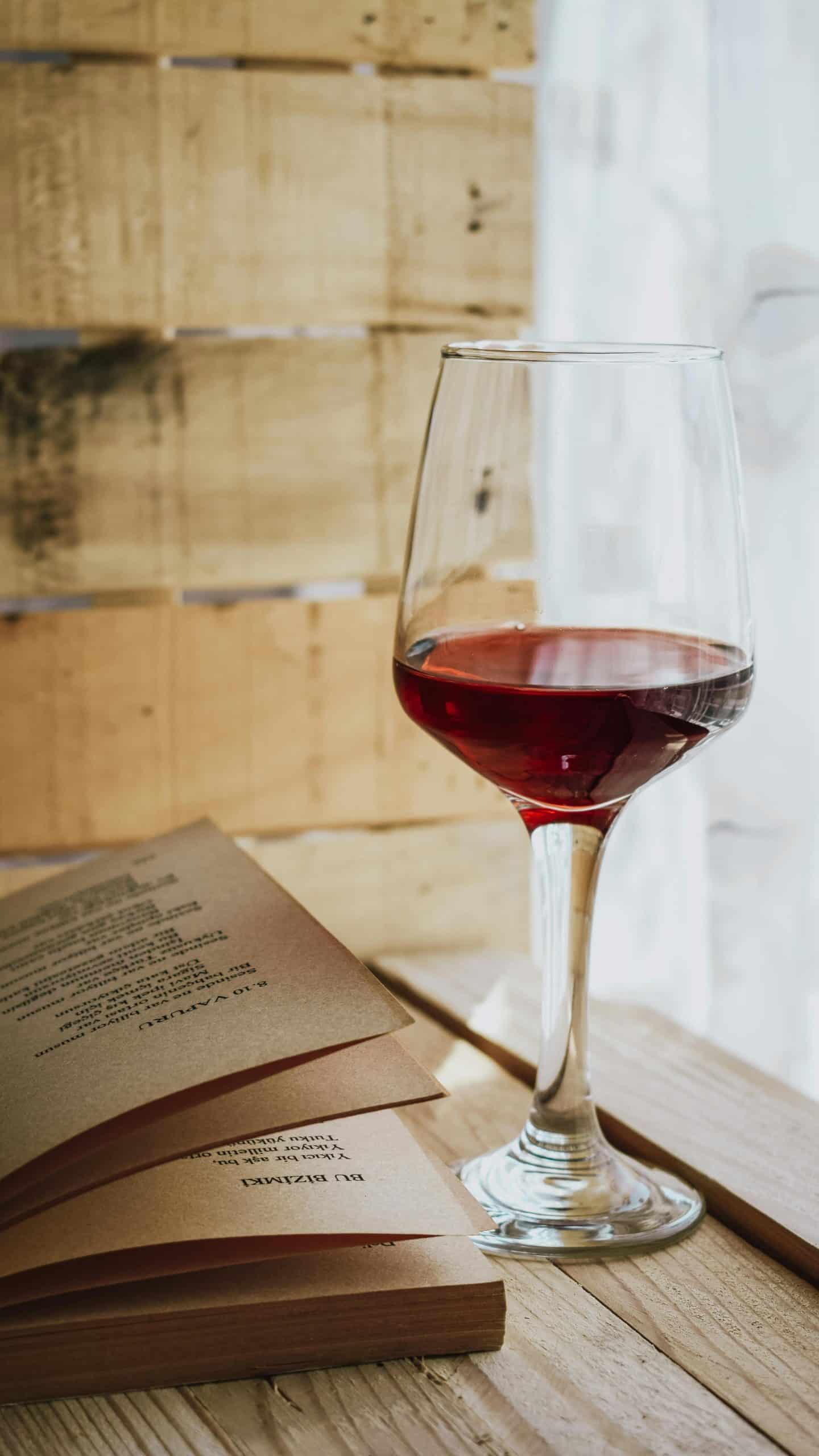 The perfect pairing? Wine and books
The perfect pairing? Wine and books